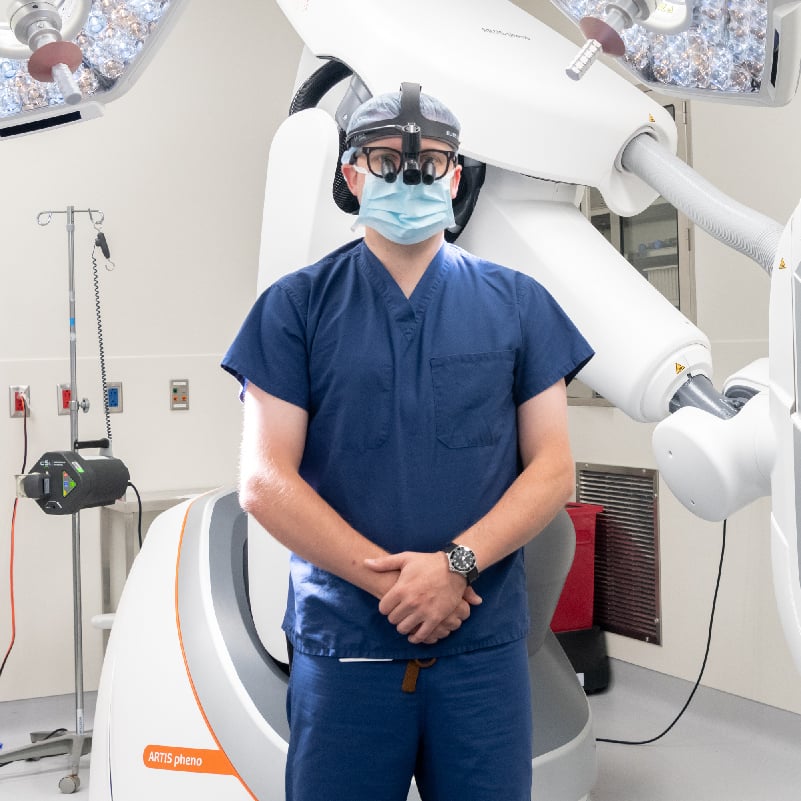Key Takeaways
- Vaping is not considered a safe alternative to smoking cigarettes.
- Studies show using e-cigarettes or vaping raises blood pressure and increases heart rate quickly, which can raise the risk of heart-related issues.
- Using e-cigarettes is no longer considered a pathway to stop smoking.
A growing number of people are vaping as a way of using nicotine in the U.S. According to the CDC, 4.5 percent of adults and 5.9 percent of middle and high school students use e-cigarettes to vape.
While initially thought of as a “safer” alternative to smoking cigarettes, research shows vaping involves inhaling aerosolized chemicals that are linked to respiratory disease and cancer. It also increases the risk of nicotine addiction.
Most people think of how vaping might affect your lungs and breathing. But vaping affects other parts of your body too, including your heart. Damanpaul Sondhi, MD, is a pulmonologist at the Joseph C. Wilson Medical Campus in Rochester and explains how vaping affects your heart health and your overall health.
How does vaping affect your health?
When you are vaping, you are heating up a liquid that becomes aerosolized, then inhaling that aerosol vapor. In addition to nicotine, other chemicals are in the inhaled vapor, including propylene glycol, metals, flavorings, and other substances. By going directly to the lungs, the chemicals in the aerosol are absorbed quickly into the bloodstream.
Research suggests absorbing these chemicals into your body is linked to different health conditions, including chronic cough, asthma, lung inflammation and elevated stroke risk. Some of the toxic metals introduced into the body through the heating coil inside the e-cigarette are linked to increased cancer rates.
“Vaping has been related to severe lung injury, being put on a respirator, or even death due to exploding e-cigarettes or vape pens,” Dr. Sondhi said.
How vaping affects your heart
Specifically for the heart, vaping raises nicotine levels in the body’s bloodstream, which affects several processes.
Blood pressure: Within 10-15 minutes of vaping, studies show the body’s blood pressure goes up by 10-22 mm of mercury.
Heart rate: Studies show heart rate increases by an average of 10-15 bpm during the first 5-10 minutes of vaping.
Heart failure risk: Some studies show people who regularly vape are 19 percent more likely to develop heart failure.
Blood vessels narrowing: Studies suggest vaping is linked to premature atherosclerosis – a major risk factor for heart attacks.
Exercise: Regular vaping is also shown to decrease exercise ability compared to people who don’t use e-cigarettes. Since exercise is an important method of maintaining heart health, this can be a barrier.
In the early 2010s, vaping was initially billed as a method of quitting smoking by ‘stepping down’ from cigarettes to e-cigarettes. Since that time, however, research has shown it is not a safe alternative to smoking.
“The biggest misconception is people think vaping is harmless – it’s not,” Dr. Sondhi said. “Companies will market these as harmless. We have evidence of them causing death in young people related to acute respiratory distress syndrome.”










